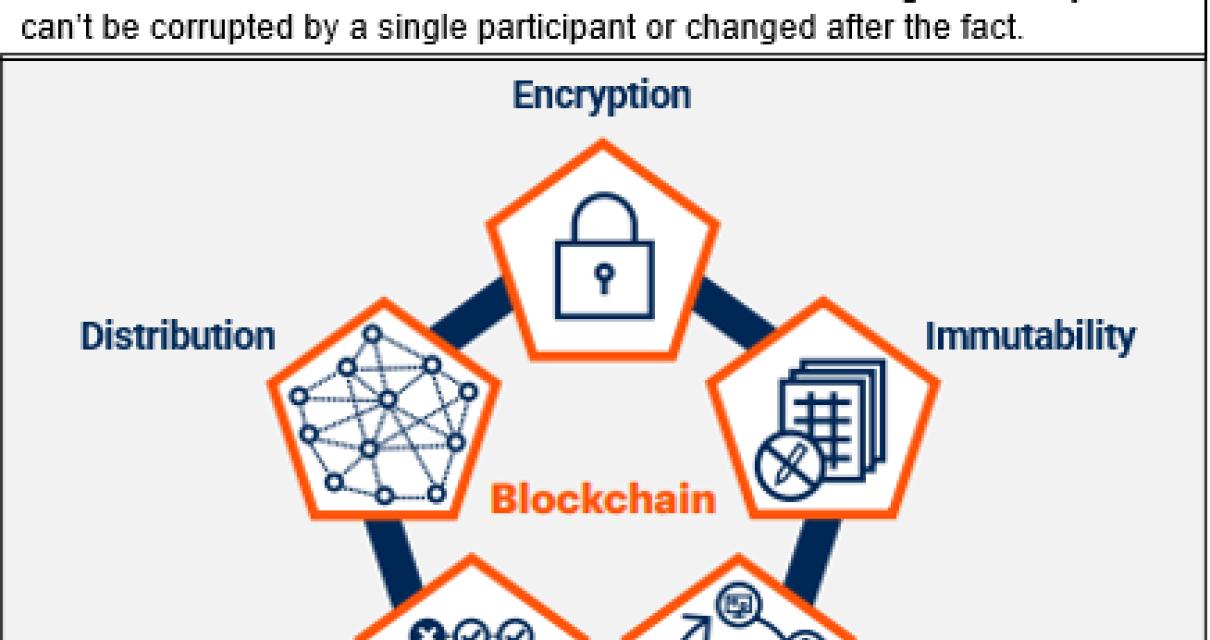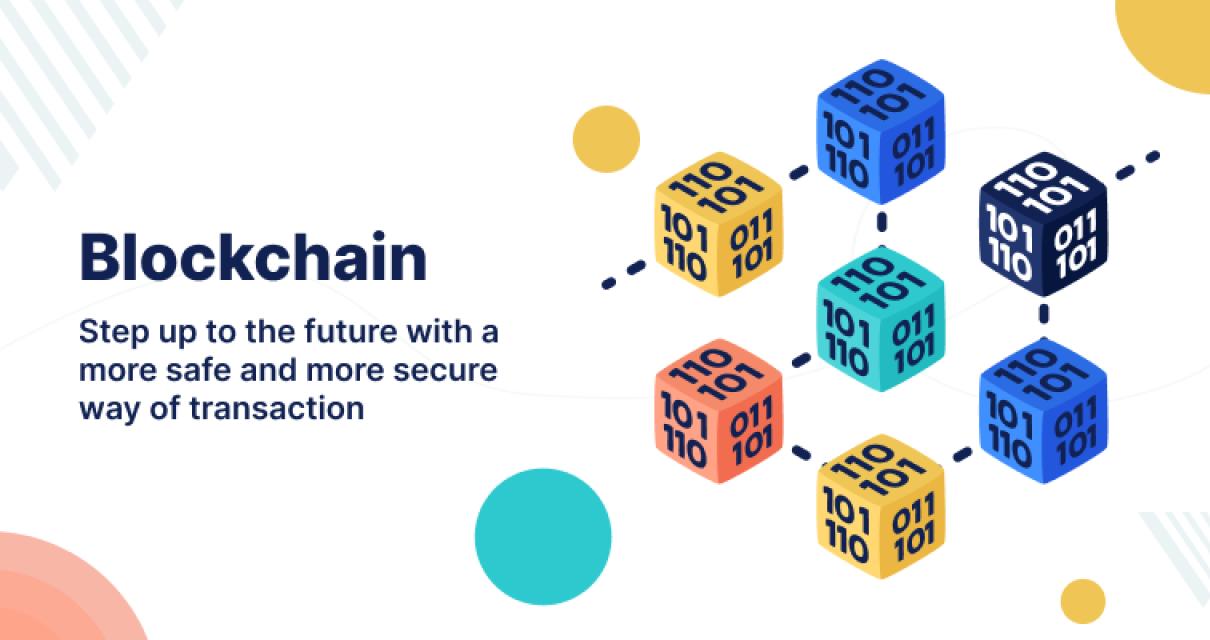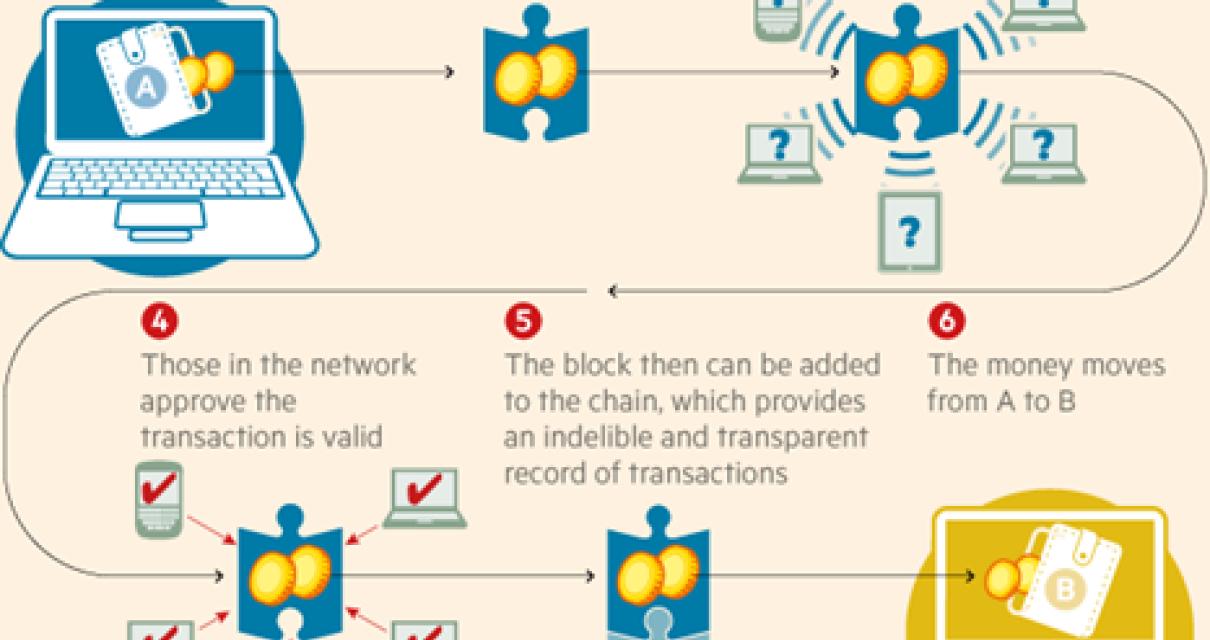What is Blockchain?
The blockchain is a digital ledger of all cryptocurrency transactions. It is constantly growing as “completed” blocks are added to it with a new set of recordings. Each block contains a cryptographic hash of the previous block, a timestamp, and transaction data. Bitcoin nodes use the block chain to differentiate legitimate Bitcoin transactions from attempts to re-spend coins that have already been spent elsewhere.
Blockchain technology is unique in that it enables secure, transparent and tamper-proof transactions. It is also decentralized, meaning it is not subject to government or financial institution control. As such, it has the potential to revolutionize many industries, including finance, real estate, supply chain management and more.
How Does Blockchain Work?
The blockchain is a digital ledger of all cryptocurrency transactions. It is constantly growing as “completed” blocks are added to it with a new set of recordings. Each block contains a cryptographic hash of the previous block, a timestamp, and transaction data. Bitcoin nodes use the block chain to differentiate legitimate Bitcoin transactions from attempts to re-spend coins that have already been spent elsewhere.

What Are the Benefits of Blockchain?
There are many potential benefits of blockchain technology. Some of the benefits include:
1. Increased transparency and security. Blockchain technology provides a secure, transparent and tamper-proof record of transactions. This makes the process more reliable and secure, allowing participants to track the whereabouts of assets more easily.
2. Reduced costs and timeframes. Blockchain technology can reduce the costs and timeframes associated with transactions, making them more efficient and faster.
3. Increased trust and legitimacy. Blockchain technology can increase trust and legitimacy in business processes and systems, as it allows for more accurate and reliable tracking of transactions. This can lead to increased trust and confidence between parties involved in a transaction, enhancing the overall quality of the relationship.
4. Increased security and privacy. Blockchain technology can provide increased security and privacy for data and transactions, as it is difficult to hack and tamper with. This can lead to enhanced trust and confidence between parties involved in a transaction, enhancing the overall quality of the relationship.
5. Reduced environmental impact. Blockchain technology can reduce environmental impact by reducing the need for third-party verification and other administrative processes.
How Can Blockchain Be Used?
There are many ways in which blockchain can be used, depending on the specific needs of the organization. Some common uses include:
1. Distributed ledger technology (DLT) can be used to create a secure and transparent record of transactions between two or more parties. This can be used to track the movement of goods and funds, as well as to verify the legitimacy of a transaction.
2. Blockchain can be used to manage and track the ownership of assets. This can be used to reduce fraud and theft, as well as to ensure that assets are not unfairly transferred or stolen.
3. Blockchain can be used to create a tamper-proof record of digital information. This can be used to protect data from being tampered with or stolen, and to ensure that the information is accurate and reliable.
4. Blockchain can be used to improve the security and privacy of online transactions. This can be done by encrypting data before it is sent across the internet, and by using blockchain-based authentication mechanisms.
What Are the Risks of Blockchain?
There are a few risks associated with blockchain technology, but they are mainly financial in nature. These risks include the following:
1. Security risks – Blockchain is a new technology that is still evolving, and as such, there is a risk that it could be compromised by hackers. This could lead to the loss of money or other sensitive information.
2. Scalability problems – Blockchain is not well suited for large-scale applications, due to its slow processing speeds and the need for a large number of participants to participate in order to create a valid transaction. This could lead to problems with transaction speed and scalability, limiting the potential applications of the technology.
3. Volatility – Bitcoin and other cryptocurrencies trading on blockchain platforms are highly volatile, which could lead to significant losses for investors if the value of the currency falls.

What is Bitcoin?
Bitcoin is a digital or virtual currency that uses cryptography to secure its transactions and to control the creation of new units. Bitcoin was created in 2009 by an unknown person or group of people under the name Satoshi Nakamoto.
What is Ethereum?
Ethereum is a decentralized platform that enables smart contracts and decentralized applications to be built and run without any third party. Ethereum also provides a virtual machine, called the Ethereum Virtual Machine (EVM), that can execute scripts using an international network of public nodes.
What is Litecoin?
Litecoin is a peer-to-peer digital currency that enables instant, near-zero cost payments to anyone in the world. It is similar to Bitcoin but has a much faster block generation time. Litecoin was created in 2011 by Charlie Lee, an MIT graduate and former Google employee.

What Are ICOs?
Initial coin offerings (ICOs) are a new way to raise money for startups. ICOs work a lot like an initial public offering (IPO), but with tokens instead of stocks.
The idea is that you create a new cryptocurrency or token and sell it to investors in exchange for money. You then use the money to fund your startup or project.
There have been a lot of ICOs over the past few years, and they’ve raised a lot of money. Some of the most successful ICOs have raised more than $1 billion.
What are the risks of ICOs?
There are a lot of risks associated with ICOs.
First, you’ll need to create a new cryptocurrency or token. This can be difficult, and it may take a long time.
Second, you won’t know if your token will be accepted by investors. Many ICOs have been unsuccessful because their tokens weren’t accepted by investors.
Third, you may not be able to fund your project with the money you raise in an ICO.
Fourth, ICOs are often high-risk investments. You could lose a lot of money if your project doesn’t succeed.
Fifth, you may not be able to get your money back if your ICO fails.
Sixth, you may have to comply with all the regulations related to ICOs. This can be difficult, and it may cost you a lot of money.
Seventh, you may have to register your ICO with the government, and you may have to disclose your investors.
Eighth, you may have to provide more information to your investors than you would if you were raising money through traditional means.
Ninth, you may have to give up some of the control you have over your company.
tenth, you may have to pay taxes on your profits from an ICO.
What is Cryptocurrency?
Cryptocurrency is a digital or virtual currency that uses cryptography to secure its transactions and to control the creation of new units. Cryptocurrencies are decentralized, meaning they are not subject to government or financial institution control. Bitcoin, the first and most well-known cryptocurrency, was created in 2009.
What is Bitcoin Mining?
Bitcoin mining is the process of adding new bitcoin to the blockchain. Miners are rewarded with bitcoin for verifying and adding new blocks to the blockchain. Bitcoin mining is deliberately designed to be resource-intensive and difficult so that the number of blocks found each day by miners remains steady.
What does Bitcoin Mining do?
Bitcoin mining helps keep the Bitcoin network secure and consistent by verifying and adding new blocks to the blockchain. Bitcoin miners are rewarded with bitcoin for their efforts.